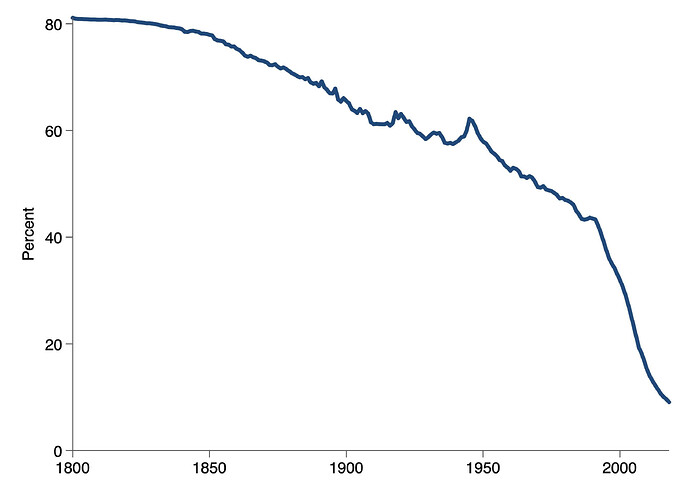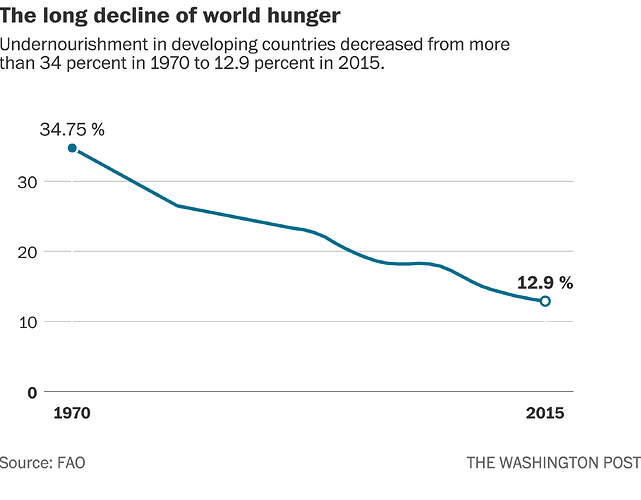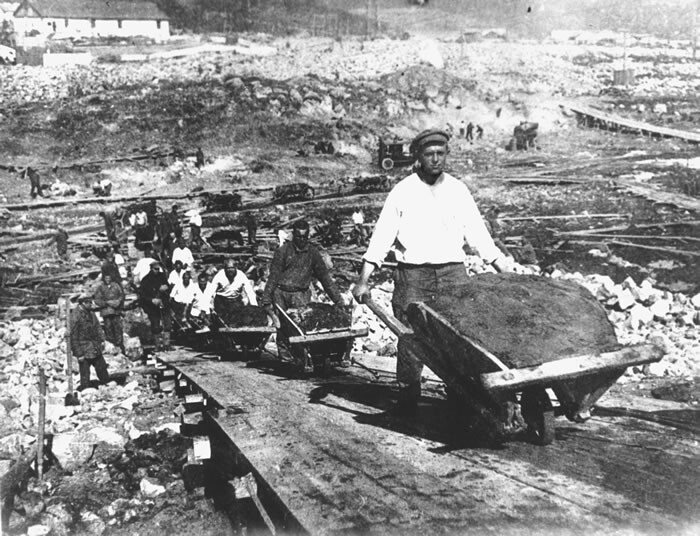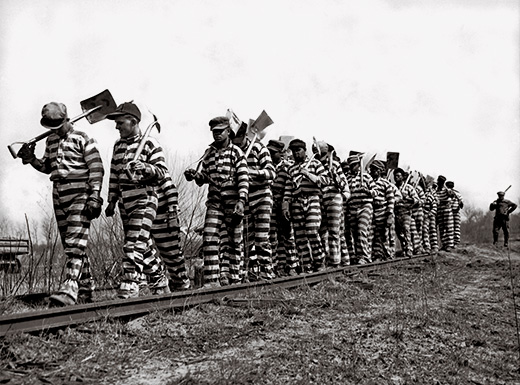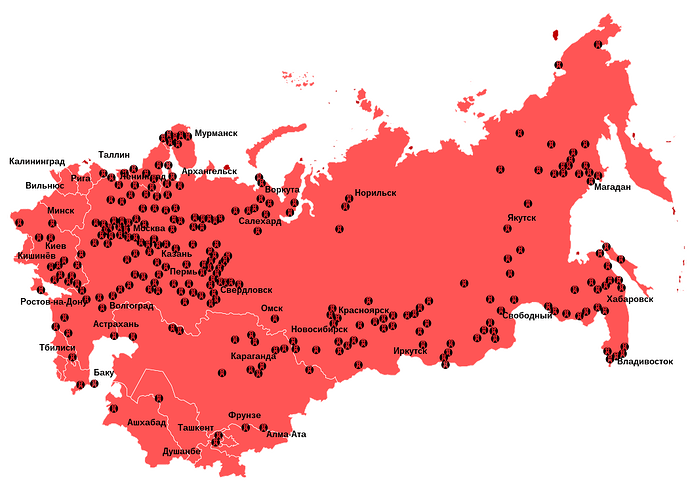Huh?
You do realize that test rockets… fail… right? That’s why they’re tested…
How is it shown time and time again?
Yes there is an ‘invisible hand of the market’. It’s quite plainly visible. When there are multiple groups offering services and employment there is choice.
One company offers refrigerators for 100$, the other offers refrigerators for 70$. Which one do you think people will buy?
The cheaper one, obviously.
And so since no one is willing to buy the more expensive refrigerators, the company making them will have to make a few choices.
1: Do nothing, sell nothing, and earn nothing.
2: Lower prices either enough to be similar to the competitor or lower than the competitor (usually by innovating a cheaper way to manufacture the refrigerator or transport it).
3: Make a higher quality product or innovate and provide a better refrigerator that no one else can provide.
And that is the service side, what about the employment side?
Well imagine that there was two companies that needed the exact same amount of employees to operate their refrigerator factory, and there are only just a few more available workers than either company would need.
One company offers 10$ an hour, the other offer 5$ an hour. Which would you choose to work for? (both companies have the same level of workplace hazards btw)
Well the one offering more money obviously. And so the company that offers 5$ an hour only has a few employees (and they would all be of low quality since the company offering higher wages could pick out the best on offer).
And so the company would be faced with a few decisions.
1: Do nothing, produce nothing, and earn nothing.
2: Offer employees more money or better working conditions.
3: Innovate so that you require less workers and can operate with your smaller workforce.
This is what competition does, it forces groups to offer a better deal, both to their customers and their workers.
There is no such thing as competition within a government. Unless it is at war with another government (exactly why historically nearly every innovation is born out of war), this is the entire reason that the soviets were able to innovate in space flight in the first place, because it was at ‘war’ with another nation (and because whoever could put objects in space would be able to attack their enemy without retaliation with intercontinental ballistic missiles, in this case).
There is indeed no such thing as ethical capitalism. Only capitalism. Which is the best economic system for the people.
It is no coincidence that the industrial revolution, which objectively improved the lives of literally everyone, started in England and had wild success in America, but struggled to find a foothold on continental Europe.
England didn’t have much control over the economy, and so since companies competed with each other innovation flourished in England.
However the monarchies in continental Europe selfishly held on to power over their economies, and were thus able to restrict the industrial revolution, whether intentionally or not.
America at the time had pretty much no control over its economy. Which is why when
the first steam engines and the knowledge to construct them reach the United States the industrial revolution ABSOLUTELY BELGIUMING EXPLODED.
During the 20th century nearly every major commercial innovation has originated from the united states or an individual’s desires to become rich (for example despite originating from belgium Germany, a country which held a large amount of control over its economy, the creator of the computer specifically stated that he invented it because he believed (rightly so) that it would make him rich).
Over the last 200 years since the birth of widespread free market capitalism this has happened to global poverty rates:
This happened to global hunger rates:
And this has happened to countries which try to control their economies:
Every time, without fail, has capitalism improved the lives of the people when it has been implemented.
Every time, without fail, has the lack of capitalism destroyed the lives of people when it has been implemented.
Under Mao’s regime millions starved in the period of a single year. And then it stopped.
How? Did the state make some new economic policy that increased the efficiency of their redistribution and save the lives of their citizens?
No, it happened because of a dozen and a half farmers in a single Chinese village making a deal with their local administrator.
They would give the government the yearly rice quota, but any grain of rice they produced after that quota was made would be kept by the village. And traded (horror of horrors!) for anything that they needed.
In that one harvest, those 18 farmers made quite a bit of rice.
How much rice?
Well more than the entirety of the village in the last ten years of course. combined.
After that the system spread across China, and the markets were liberated. and 800 million people were lifted out of poverty. And with capitalism that wasn’t even truly free.
Nowadays the country is sliding back from its limited capitalist policies, and as it is the suffering of the Chinese people is rapidly increasing.
Oh, but that was simply an example of state capitalism of course, we’ll get it right the next time comrades.
Because even though hundreds of millions of people believed that these were indeed good and just societies and examples of a society free of capitalism right up until the bread lines and the gulags and the famines (after
Which it miraculously transformed into state capitalism) and in many cases the people that claim that they are true anti-capitalists praised these societies right up until the bread lines and the gulags and the famines I know that the next time we will succeed.
Because I know the proper way, and if someone with my exact views was head of the Soviet Union it would not have failed.
